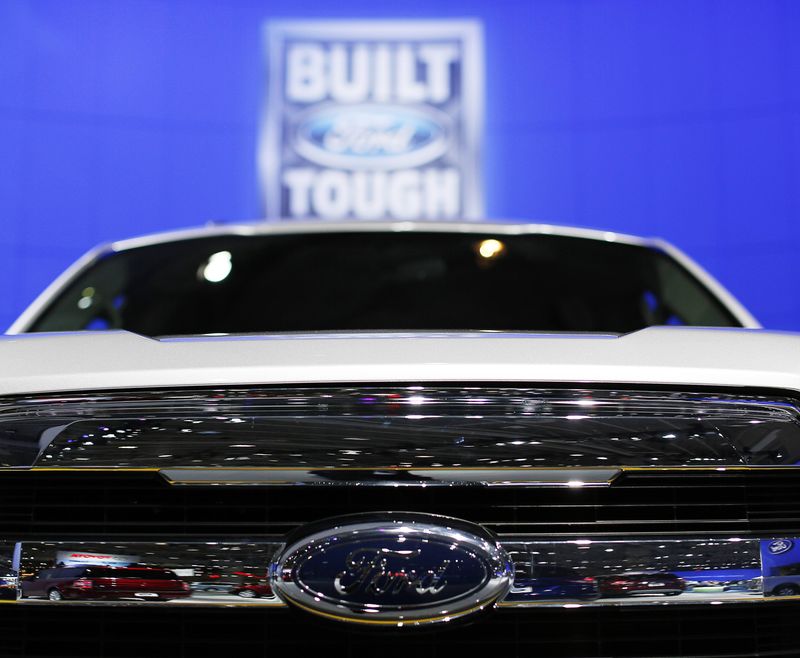Ford Motors (NYSE:F) revealed Wednesday that their Mustang Mach-E electric vehicles currently occupying dealership lots are unlikely to meet the criteria for federal tax credits starting in January.
Recent guidance from the U.S. Treasury outlined fresh limitations on battery sourcing set to take effect on January 1st. These restrictions aim to steer the U.S. EV supply chain away from dependence on China.
Current existing models of the Mach-E qualify for a $3,750 federal tax credit.
CarsDirect was the first to report the news regarding the EV tax credit, referencing a bulletin sent to dealers that emphasized the imminent expiration of the tax credit as a compelling reason for customers to make their purchases before December 31. Dealers were encouraged to finalize sales by the year's end.
Ford has sold 35,908 Mach-Es in the U.S. during the first 11 months of this year, marking a 3.5% increase compared to the same time last year. In response to this, Ford announced in October a reduction in some Mach-E production.
Furthermore, Ford disclosed in October that it would be deferring around $12 billion worth of investments in EVs, including a delay in the construction of its second battery plant situated in Kentucky.
Back in October, Ford announced a temporary reduction of one out of three shifts at its Michigan plant responsible for producing the electric F-150 Lightning pickup truck. This decision was attributed to various constraints, including issues within the supply chain.
In December 2021, Ford had outlined plans to significantly increase the production of its all-electric Mustang Mach-E, aiming to ramp up output to over 200,000 units annually by 2023 for both North America and Europe.
Shares of F are up 1.04% in afternoon trading on Wednesday.
